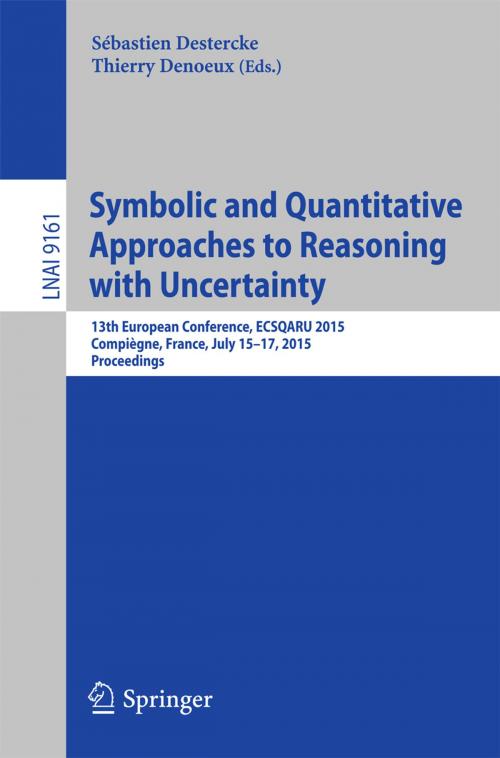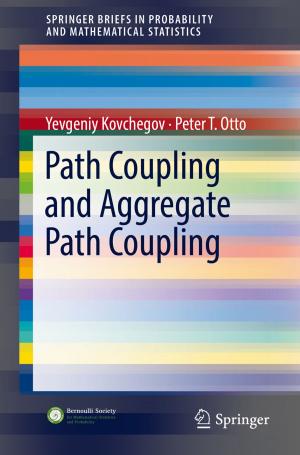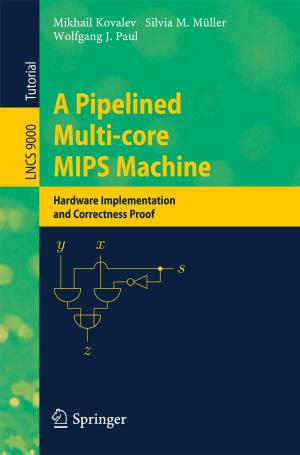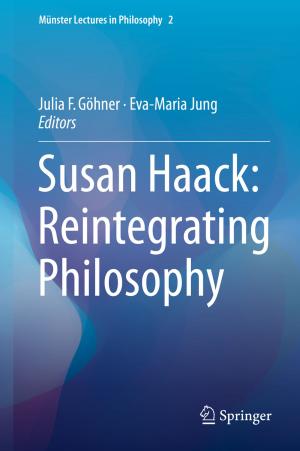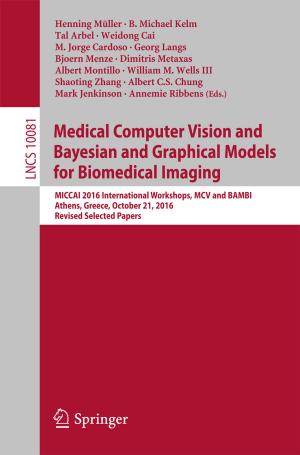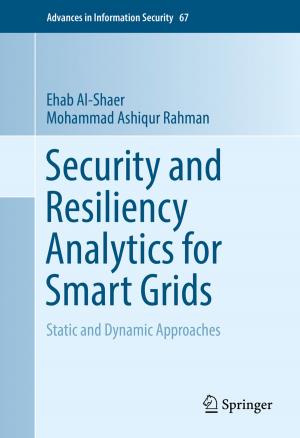Symbolic and Quantitative Approaches to Reasoning with Uncertainty
13th European Conference, ECSQARU 2015, Compiègne, France, July 15-17, 2015. Proceedings
Nonfiction, Computers, Advanced Computing, Artificial Intelligence, Information Technology, General Computing| Author: | ISBN: | 9783319208077 | |
| Publisher: | Springer International Publishing | Publication: | July 11, 2015 |
| Imprint: | Springer | Language: | English |
| Author: | |
| ISBN: | 9783319208077 |
| Publisher: | Springer International Publishing |
| Publication: | July 11, 2015 |
| Imprint: | Springer |
| Language: | English |
This book constitutes the refereed proceedings of the 13th European Conference on Symbolic and Quantitative Approaches to Reasoning with Uncertainty, ECSQARU 2015, held in Compiègne, France, in July 2015. The 49 revised full papers presented were carefully reviewed and selected from 69 submissions and cover topics on decision theory and preferences; argumentation; conditionals; game theory; belief update; classification; inconsistency; graphical models; Bayesian networks; belief functions; logic; and probabilistic graphical models for scalable data analytics. Papers come from researchers interested in advancing the technology and from practitioners using uncertainty techniques in real-world applications. The scope of the ECSQARU conferences encompasses fundamental issues, representation, inference, learning, and decision making in qualitative and numeric uncertainty paradigms.
This book constitutes the refereed proceedings of the 13th European Conference on Symbolic and Quantitative Approaches to Reasoning with Uncertainty, ECSQARU 2015, held in Compiègne, France, in July 2015. The 49 revised full papers presented were carefully reviewed and selected from 69 submissions and cover topics on decision theory and preferences; argumentation; conditionals; game theory; belief update; classification; inconsistency; graphical models; Bayesian networks; belief functions; logic; and probabilistic graphical models for scalable data analytics. Papers come from researchers interested in advancing the technology and from practitioners using uncertainty techniques in real-world applications. The scope of the ECSQARU conferences encompasses fundamental issues, representation, inference, learning, and decision making in qualitative and numeric uncertainty paradigms.
